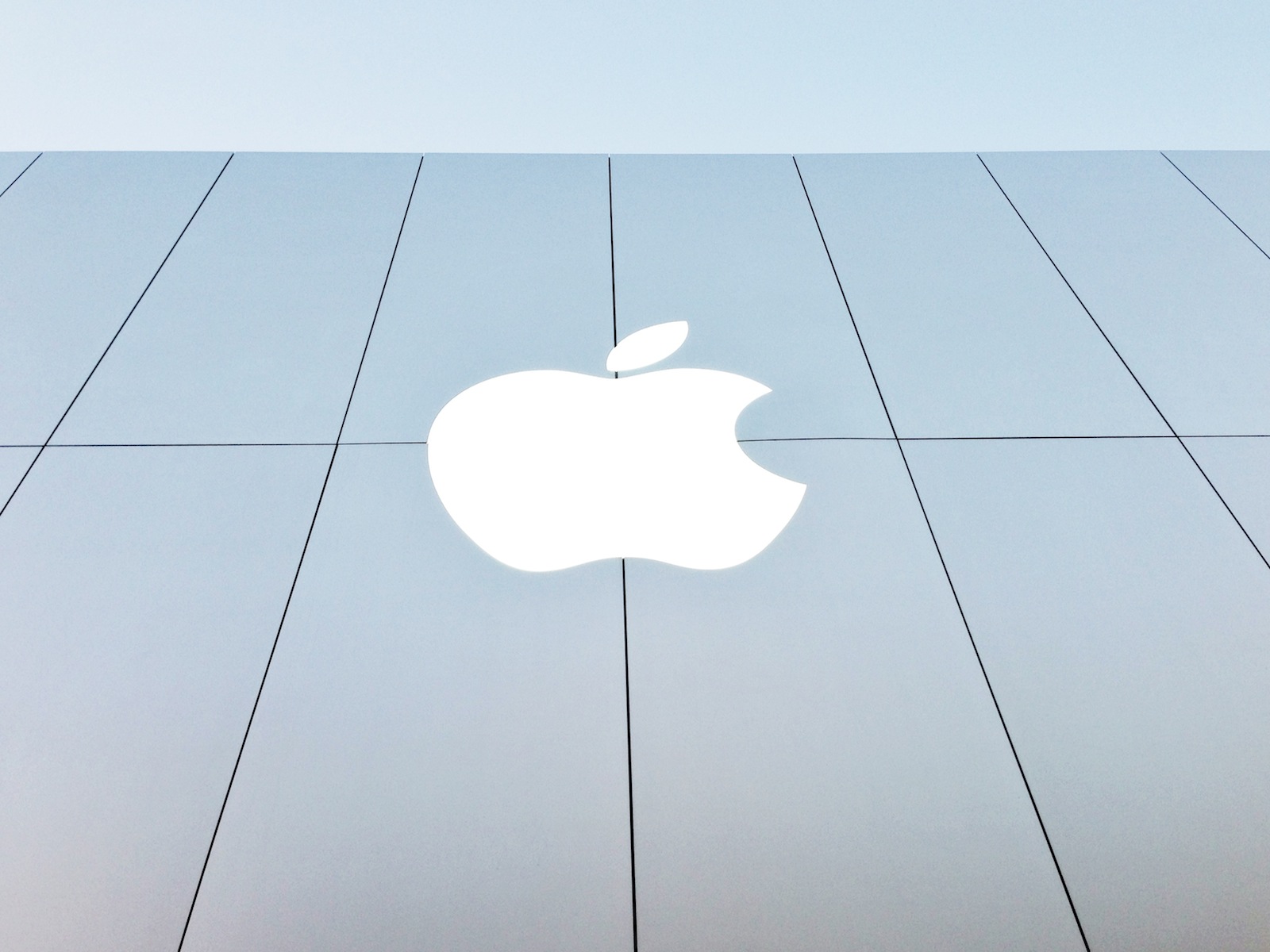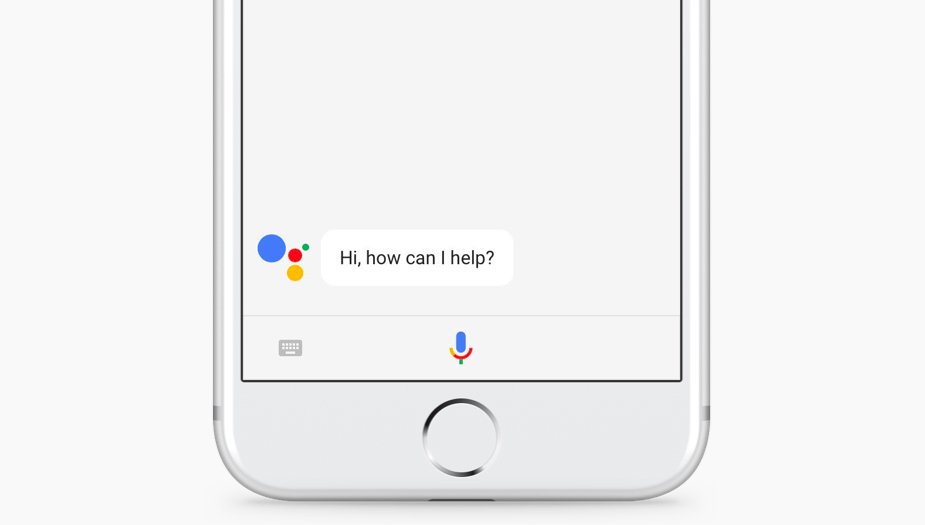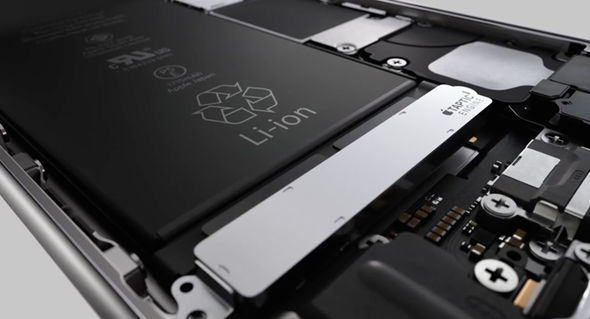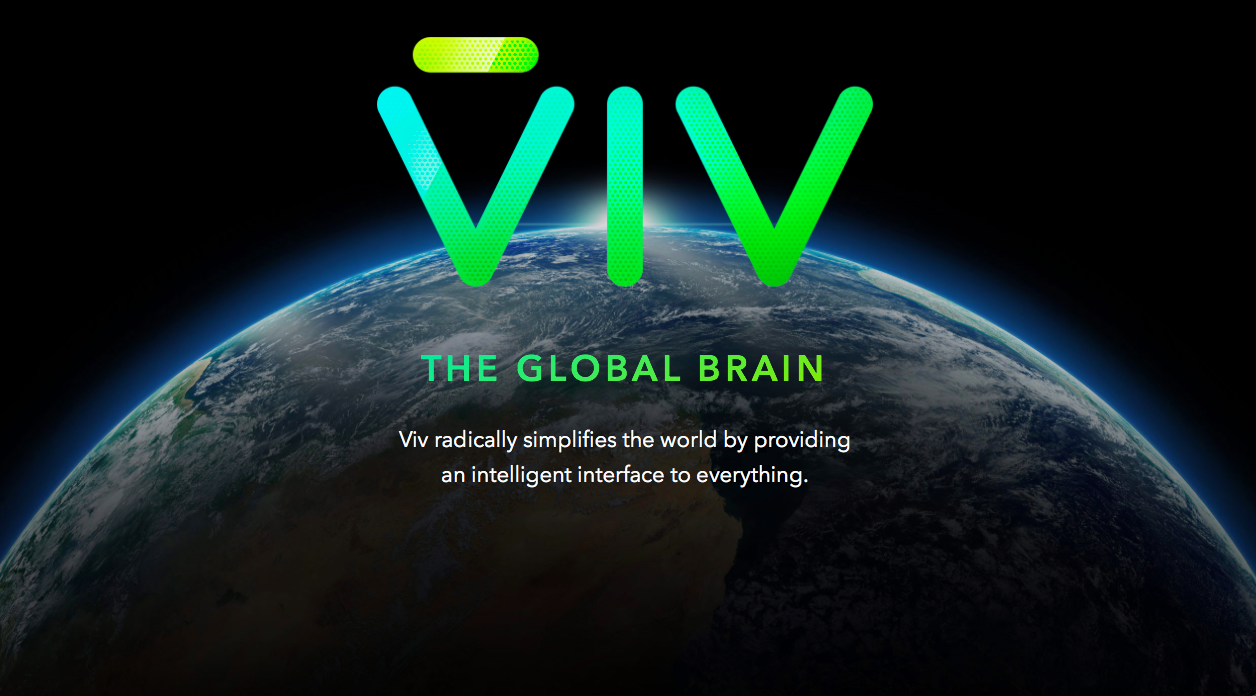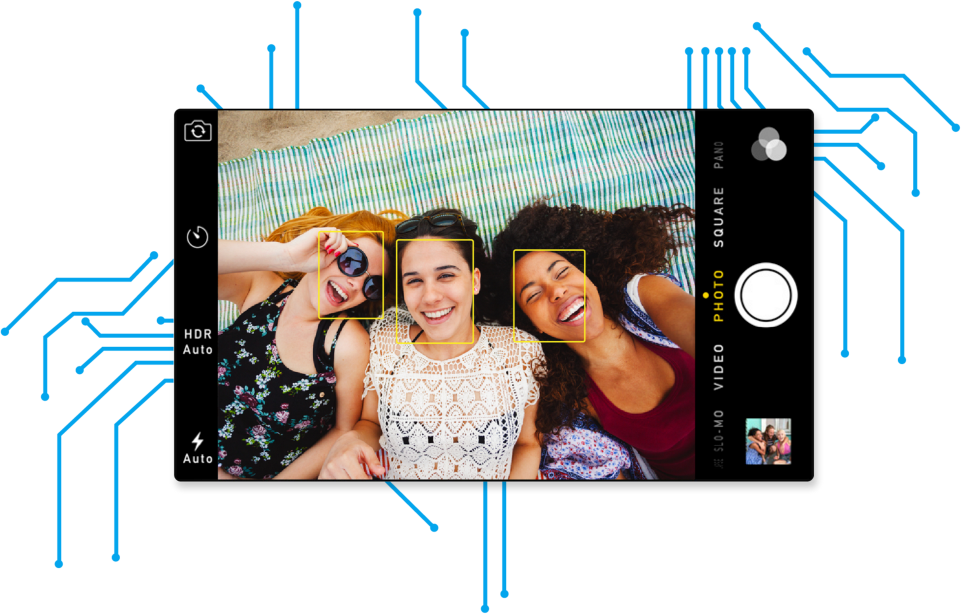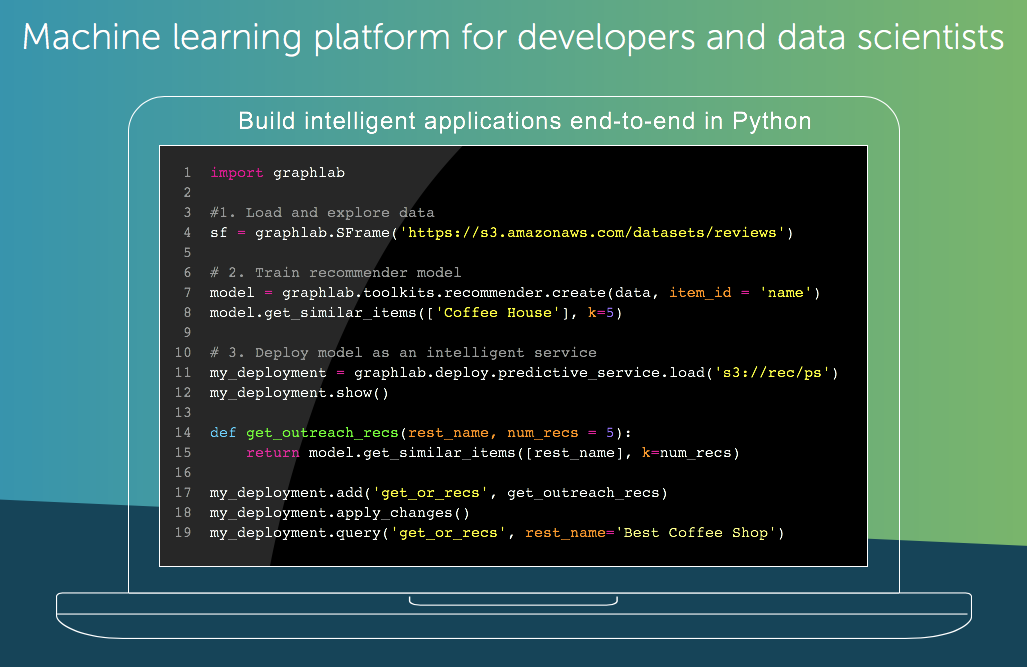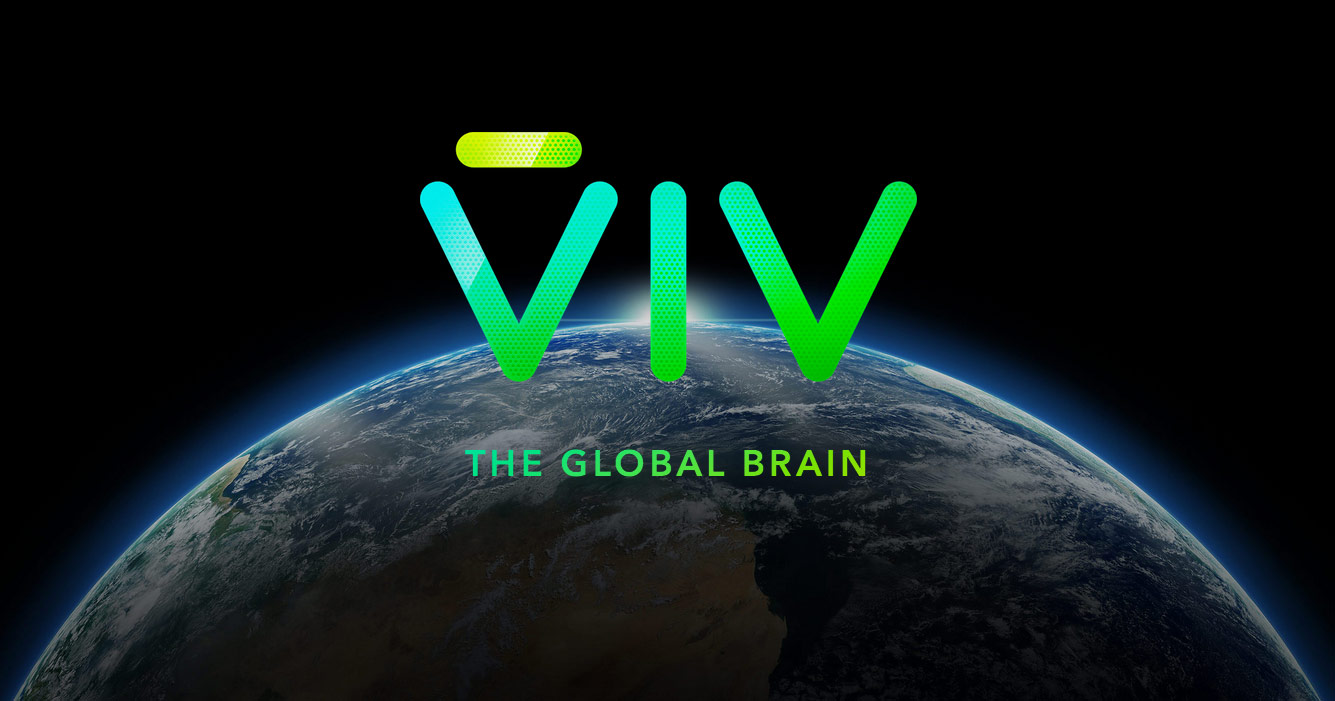The rumors were true: the search giant Google today released a standalone Assistant app for iPhone to take on Siri. Available at no charge on App Store, it features a blend of the chat style functionality found in in the Google Allo version of Assistant and the voice-controlled version found on Android.
It even lets you call friends on Google Home or out on the town with your iPhone.
“Whether you need a reminder to pick up milk, help finding your travel photos or need to make a dinner reservation, your Assistant is ready to help,” says the company.
To get started with Assistant, press the microphone icon or start typing.
https://www.youtube.com/watch?v=VZ9MBYfu_0A
“And for when you want to see what you’ve previously asked, we’ll also soon add history within your conversation,” notes Google. And with an upcoming firmware update for Google Home, customers will be able to put responses to queries from Home's Assistant on a supported display, including your iPhone and even your TV (with Chromecast).
Apple users can use Assistant's chatbot-like capabilities as well as all of its interactive features without having to purchase Google's Pixel smartphone or another Android smartphone.
Here are a few things Assistant can help you with:
Make quick phone calls (“Call Mom”)
Send text messages (“Text my bestie”)
Send emails (“Email my boss the latest TPS report”)
Set reminders (“Remind me to buy a birthday gift for Sarah”)
Set calendar events (“Set a calendar event for dinner with Charlie tomorrow from 7-9”)
Play music (“Play Jazz music on YouTube”)
Navigate to places (“Get me directions home”)
Ask it anything (“Will I need an umbrella today?”)
Google has promised to enhance Assistant with new features, including:
New chatbot abilities
Integration with Google Lens technology
Google Lens will give Assistant for iPhone and Android some pretty cool camera capabilities with a little help from advanced artificial intelligence features. You'll be able to, for example, easily identify an object by pointing your phone's camera at it.
The company even demonstrated how Lens technology will permit Assistant users to snap up a photograph of a business's sign to quickly pull up useful information such as reviews, menu items, friend check-ins and other relevant data.
And in yet another example, Google demoed how Assistant could help Android users connect to a Wi-Fi network simply by taking a picture of a sticker on a router.
“If you see a marquee for your favorite band, you can hold up your Assistant, tap the Lens icon and get information on the band, tickets and more,“ said the firm.
Plus, starting today developers can build conversational apps for the Google Assistant on phones. In other words, soon you’ll be able to not only get help and answers from Google, but also from third party services.
The AI-powered helper will be rolling out to eligible Android phones in Brazilian Portuguese, French, German and Japanese, Google said. By the end of the year, Assistant will include additional language support for Italian, Korean and Spanish.
The company has more than 70 smart home partners supporting Assistant across Google Home, Android phones and iPhone, including August locks, TP-Link, Honeywell, Logitech and LG.
Assistant is already available on more than 100 million devices, said Google.
Grab Google Assistant for iOS for free via App Store.
The app requires an iPhone, iPad or iPod touch with iOS 9.1 or later.
